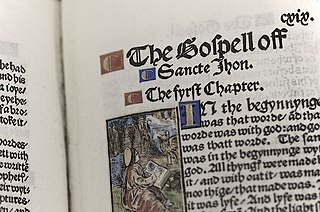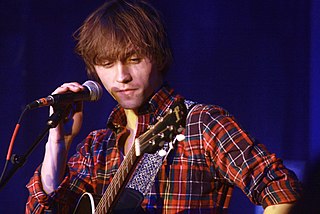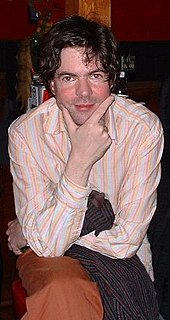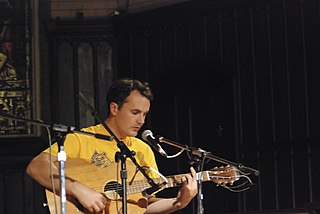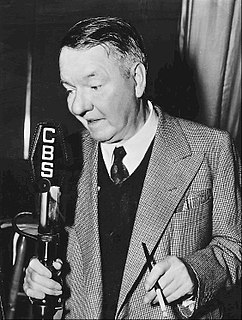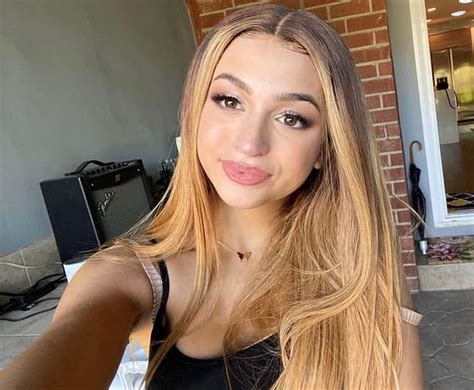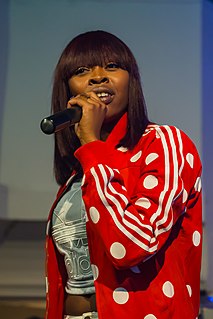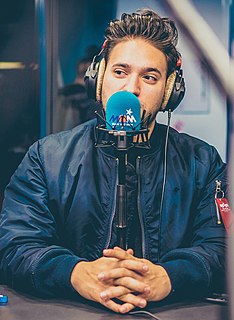A Quote by Johnny Rivers
After that initial success, every chance we got we'd hire that remote recording truck and just record stuff at the Whisky because it was so inexpensive.
Related Quotes
Obviously, it's designed by record company executives who want a cheap success, and they don't want to give money to anybody and they don't want to give contracts, so they've created this world of very bubbly teenagers who want to be "idols" and they think all they have to do is mime quite well and they've made it. ... But it's not the problem of the kids, it's the problem of the record companies, because it's just an inexpensive way for them to have so-called, I won't say "artists", but erm...You're nodding, you know what I mean.
If you're recording the song on your four-track in your kitchen, when you finished writing the song, you're recording, and it's cool, and honor that. And maybe that's the version that should be released. And if you're recording the song again, it shouldn't be because there's a version you love that you're chasing. It should be because "You know what? I made a recording, but I don't love it emotionally." So, okay, then record again. And be in it and take advantage of the buzz and energy of "I'm getting to record right now!" It's such a beautiful and cool privilege.
We frequently hear of people dying from too much drinking. That this happens is a matter of record. But the blame is always placed on whisky. Why this should be I never could understand. You can die from drinking too much of anything - coffee, water, milk, soft drinks and all such stuff as that. And so as long as the presence of death lurks with anyone who goes through the simple act of swallowing. I will make mine whisky.
The thing is that I have a really intense, almost compulsive need to record. But it doesn't end there, because what I record is somehow transformed into a creative thing. There is a continuity. Recording is the beginning of a conceptual production. I am somehow collapsing the two - recording and producing - into a single event.
Because I was independent for such a long time, and I was always just feeding my fans - every month, I'd be giving them something new. So I had to adjust to the process of making a record. And after signing with a label, there are just certain things you can't do anymore. It was frustrating at first, but as the months went by, I got used to it.
When I first came to New York I was a dancer, and a French record label offered me a recording contract and I had to go to Paris to do it. So I went there and that's how I really got into the music business. But I didn't like what I was doing when I got there, so I left, and I never did a record there.

